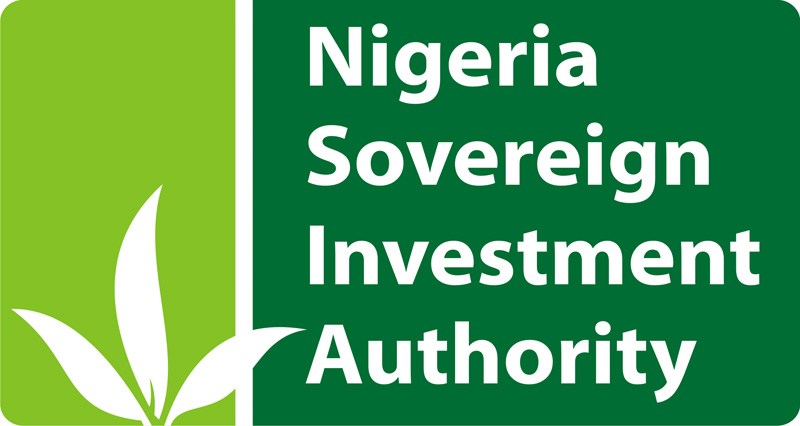Nigeria and Saudi Arabia are both oil economies, both get more than 80% of their Foreign Exchange earnings from one commodity Crude Oil…. both have been hit hard by falling oil prices, both have significant record budget deficits, (Saudi Arabia has $98b deficit, Nigeria has an $11b budget deficit,) both are engaged in armed conflict with high defends spending, both maintain fuel subsidies.
Both have continued to spend even as crude oil prices have fallen, Saudi Arabia will spend $224b in 2016, almost the same level in 2015, Nigeria will spend $30b, the largest in Nigeria history…
However, there is a differences between Saudi Arabia and Nigeria budget., Saudi Arabia deficit budget is financed in part from the $757b savings Saudi Arabia has accumulated in its SAMA Foreign Reserves Holding. Nigeria is funding her budget deficit by a record borrowing of $30m a day!
Saudi Arabia has built up savings, Nigeria has no Savings, (technically we have $1.75b in savings in our SWF)
So why does Nigeria not have any savings? We sell crude oil, we make billions of dollars in USD earnings, why have we not saved?
The answer is simple, The Nigerian Governors, all 36 of them said in 2012 that its illegal and unconstitutional for the Federation to save money in a Sovereign Wealth Fund; SWF.
The constitution of Nigeria is very clear, all revenues shall be paid into the Consolidated Revenue Fund then shared horizontally and vertically according to a formula specified by the Revenue Mobilization and Fiscal Commission. The Governors based their decision on this portion of the constitution. As we speak the State Governors are still in court challenging the legality of the SWF…
lets understand the saving landscape in Nigeria,
The foreign reserves (fx reserves ) you hear about are not technically saving. They are not even owned by the Nigerian Federation but by the Central Bank of Nigeria, almost 70% of it is. the forex reserves represent the import claims on Nigeria. We can’t fund the deficit from the fx reserves, they are already spoken for. The CBN can spend the fx reserves to defend the Naira without approval or appropriation from the Executive or the National Assembly, and they have.
The first attempt made to save money in Nigeria is the Excess Crude Account (ECA), the ECA is simply a “spill over” saving account that accumulates the excess of the benchmark and the actual price of crude oil. Thus if the benchmark price in the budget is $50 per barrel and crude oil is sold for $70, $20 flows to the ECA. However, no federal law set up the ECA, it’s a finance mechanism to “sterilize” the crude oil revenues streams.
The setting of the benchmark price is also a contentious annual event, there are debates between the Executive and the National Assembly. In the famous 50 Questions, the NASS queries the lower oil benchmark price set by the Executive, the NASS predicted that oil prices will remain at $125 per barrel for years. Technically, the ECA is simply FAAC. The ECA technically is not backed by legal precedence nor constitutional provision.
A SWF is a simply a saving account created by Nigeria to save money for the rainy day. While many of the SWFs in existence are based on earning from natural resources, nations they also include non-resources endowed nations like Singapore. The Singapore Government owns the funds in the GIC. Its investment returns supplement the country’s annual budget in areas such as education, R&D, health care and physical environment.
The Nigerian Sovereign Investment Authority (NSIA), Nigeria’s Sovereign Wealth Fund was an upgrade on the ECA. SWF are “investment funds operated by governments to achieve various objectives, created by allocating funds intended for long-term investments’. The NSIA is a saving account, set up by law, with an independent Board of Directors and a clear mandate. The NSIA operations are professional and transparent.
Nigeria put only $1b, then $500m in the SWF, a further $250m has been earmarked for saving, so just to be clear, from 1960 to 2015, Nigeria has saved only $1.75B……i.e. N350b
In effect we have saved N6.3b a year from 1960….
Gentleman we have a problem.
The solution is simple, we have to build our fiscal buffers, but most important, we have to make any saving legal and constitutional so that funds are not raided by any desperate elected official.
It’s imperative we make saving a first line charge, lets save money before we pay NASS allocation. Let’s also drop the benchmark system and simply convert to a percentage based method This means, when we earn income, we don’t save based on a benchmark price but we simply save a percentage of earnings. If we earn $100, transfer $10 to the SWF. With the current system, if oil price falls to $37, we won’t save a kobo…
Just like Singapore, we must also state clearly where the funds from the SWF will go to, yes it can support the budget, but not to pay salaries or imports but rather to education, health etc.
There is no better time to do this, the governing party hold a veto mandate in the House, Senate and Executive arms, plus state assemblies.
Pass a bill to transfer 10% of all resource based earnings to the SWF, drop benchmark saving method replace with percentage method, these are first steps….
It’s our problem, we can fix it
